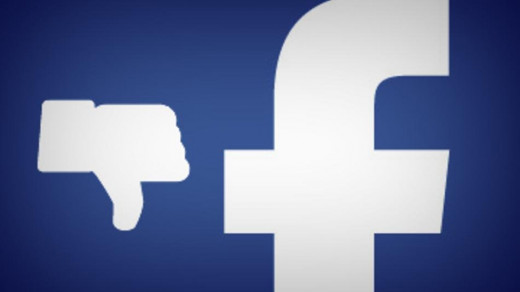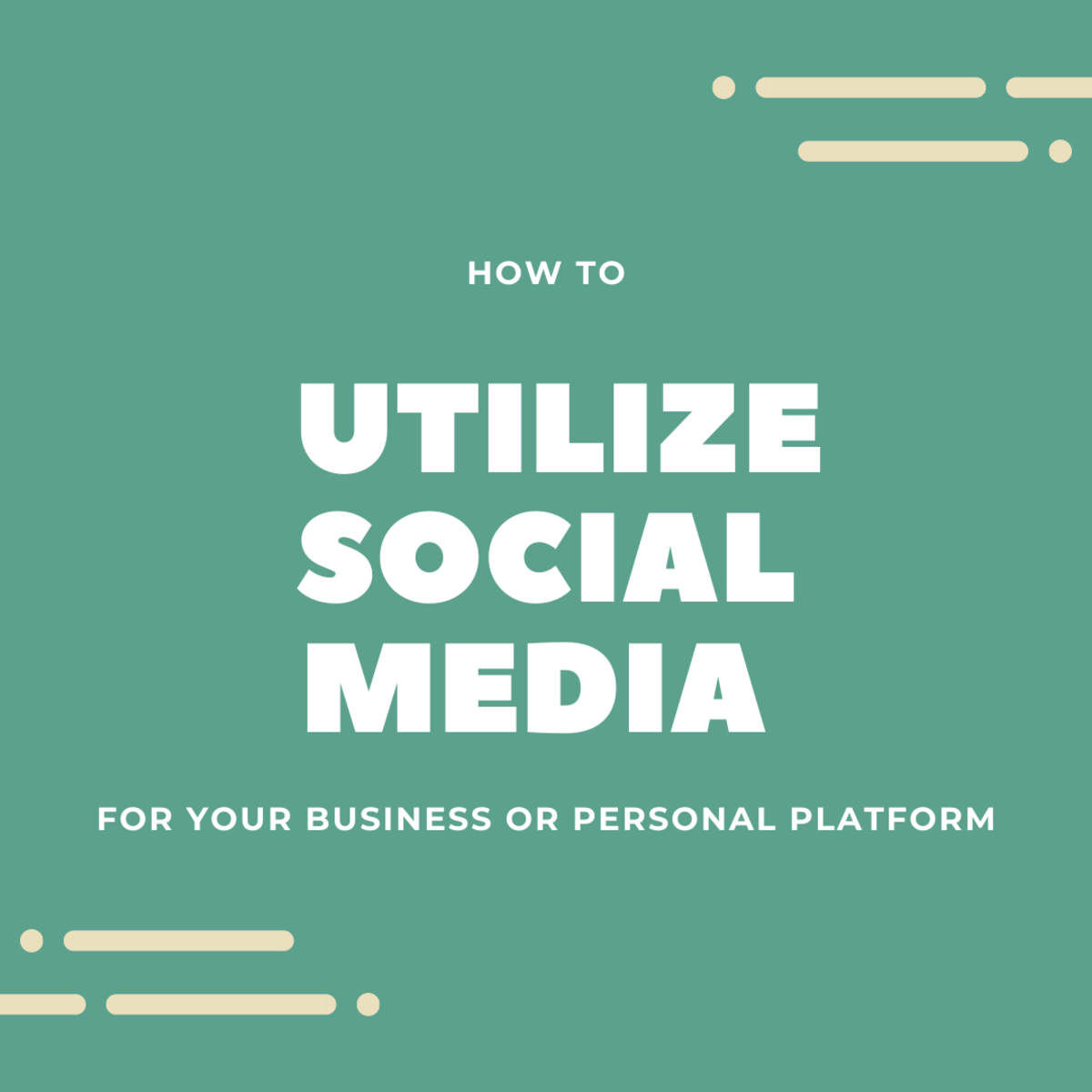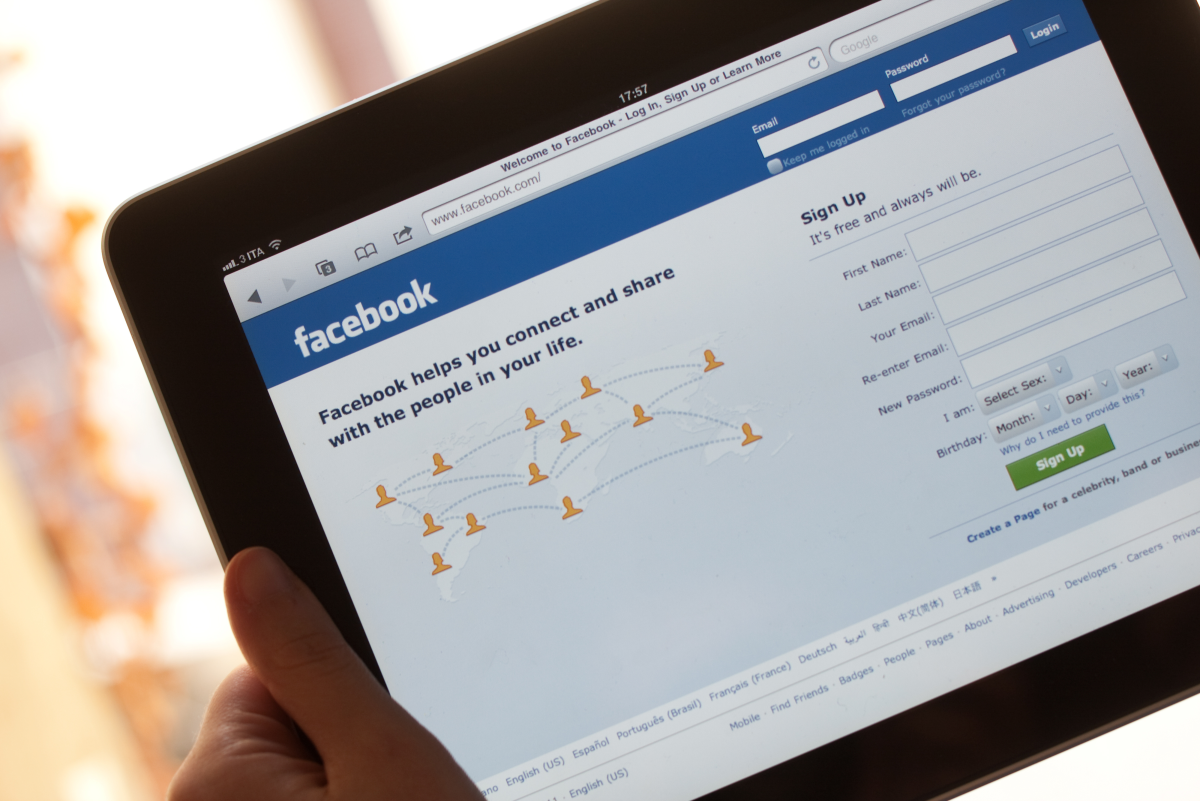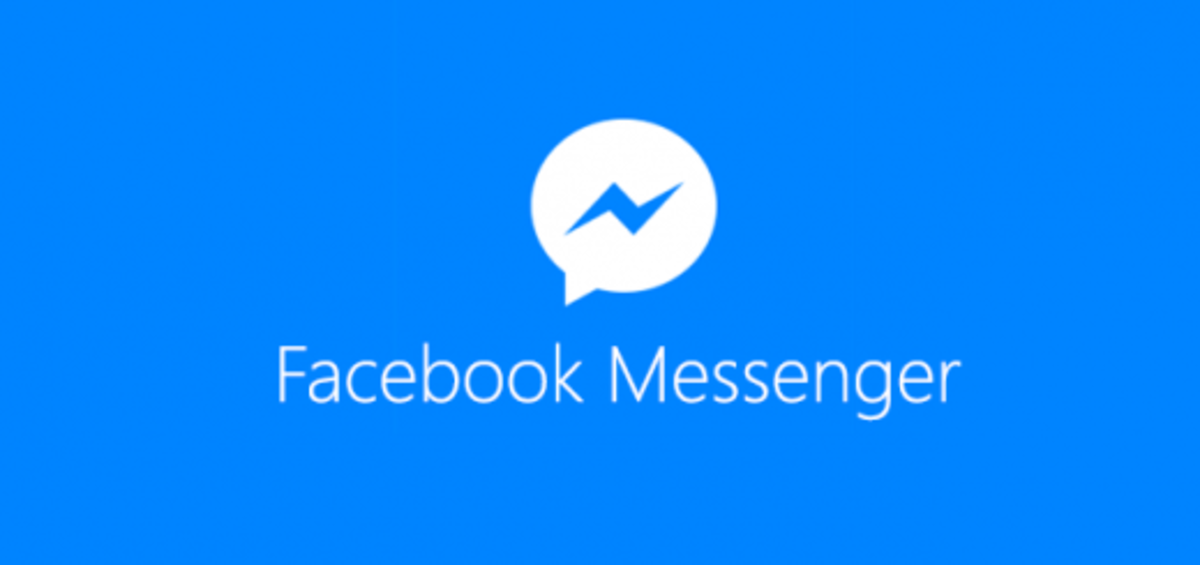- HubPages»
- Technology»
- Internet & the Web»
- Social Networking
Why I Was Happier After I Left Facebook

I don't expect everyone to agree with what I am going to say, but here it is: I was much happier after I left Facebook, and I think that despite some positives, Facebook is a negative influence influence within society. While I love Facebook for non-profit outreach, small business marketing and for news feeds, I'm skeptical about its use for purely personal reasons.
First off, Facebook encourages narcissism and self-contentedness. Facebook also poses major threats to privacy. Furthermore, some studies have shown that social media sites like Facebook make people feel less satisfied with their own lives. For me, Facebook is a huge waste of time. I would rather have real life interaction with friends and family.
I joined Facebook in 2008 after the demise of Myspace. I had a profile continuously until December 2012, when I decided to take a break by deactivating my account. I was at my wits end with people sharing their views on the Sandy Hook tragedy, and generally fed up with Facebook in general. So I deactivated my account. For 3 1/2 months I interacted in person, by phone, or by email. I was so much happier without wasting my precious time sorting through inanities and photographs of people who I don't interact with in real life. Unfortunately, I have returned to Facebook to make a page for my small business. But if I could, I'd sooner have it out of my life for several reasons:

Facebook Encourages Narcissism
Facebook is a narcissist's dream. It provides the perfect platform for grandiosity and exhibitionism. Narcissistic personality traits have been on the rise since the 1980s, likely because of the self esteem movement's influence on parenting techniques over the past decades. Many suspect that social media merely exacerbates this societal trend. Facebook encourages self-centeredness even for non narcissists because of the nature of the platform itself, unless you don't contribute at all. Social media generally encourages self promotion.
Some people post hundreds of pictures of themselves and multiple status updates from every event and non-event in their life. I would ask, why can't you just do something without telling everyone about it? Some parents seem to need to share every detail of their child's life. I saw an example on a forum: "XXX finally did his nightly poop on the potty. YAY, now I can sleep." Why post this on Facebook where most people don't care? I almost want to respond, "Congrats to you and the millions of other parents in this world for having a kid that can poop into a hole."
The bottom line is that it smacks of insecurity to constantly seek reinforcement via Facebook.

Facebook Threatens Personal Privacy
Privacy is not given the priority that it once was. Social media has changed the way we view privacy as a culture. The last thing I would want to do is update my location so that all of my friends and friends of friends know that I am away on vacation. I also would not want to post a million pictures of my child to be picked up by facial recognition software. Everything you ever disclose online is public information and is recorded somewhere. But I am in the minority with these type of concerns even though evidence suggests that they are justified.
A recent study by Consumer Reports reveals that "the most startling findings however, involve how much Facebook knows about its nearly 900 million members, and how much we freely offer — information mined by employers, insurers, the IRS, divorce lawyers, as well as identity thieves and other criminals."
Facebook is notorious for changing its own privacy polices, for making opt-in the default for controversial privacy policies rather than opt out, and for claiming ownership of personal content and photographs uploaded to Facebook. Some mobile apps for Facebook automatically pull your phone number and contact information and associate them with your account even if you never allowed it. Facebook also installs tracking cookies on your computer, sells information about your preferences to advertisers, has revealed private messages on timelines, and has ignored the pro-privacy results from its community voting program.
It is a known fact that many employers check their employees' social media pages. Even if you have your account configured for the maximum amount of privacy, and you are careful about what images you post online, you can't stop your friends from posting images that you might rather not have plastered all over the Internet, and tagging you in them! Some people regulate their offline behavior around cameras, rather than be portrayed negatively on Facebook.

Facebook Makes People Less Happy
One study from New Zealand's University of Canterbury concluded that:
"Spending time on Facebook ranked among the 10 worst activities in terms of unpleasantness and lack of engagement. It was ranked as the least meaningful activity and the one that made people the second-most unhappy, surpassed only by recovering from illness."
Other academic studies from Germany have shown that viewing Facebook tends to make people feel lonely or less happy about their own lives. One third of people felt less happy after viewing Facebook, and the more time a person spent on Facebook without contributing, the more unhappy they were likely to feel.
All unhappiness is based on comparison. Yet people fail to realize that others are creating an intentional persona which they share with the world via social media. They are more likely to self censor, and to only disclose flattering or positive things about their lives, even if they are not very happy themselves. When we see pictures of someone's great vacation or their happy family, we assume that they might be happier and more fulfilled than we are. But this is exactly the image that people are trying to portray, regardless of veracity. So social media profiles often paint a non-objective picture of someone's level of happiness, and it is unwise to compare what you perceive about others via social media to your own life situation.
So there you have it folks. While I unfortunately won't be deactivating my account anytime soon, I will continue to monitor what I share and with whom, and to spend as little time on Facebook as possible.








